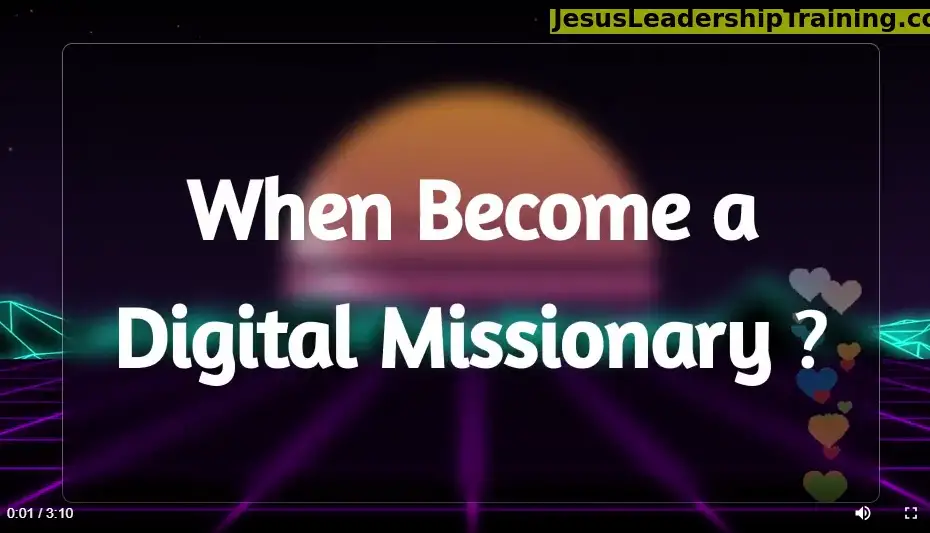To explore the concept of becoming a “Digital Missionary,” we’ll first delve into what the term implies, supported by relevant biblical principles, examples, and conclude with key takeaways.
Table of Contents
Understanding a Digital Missionary
A Digital Missionary is someone who utilizes digital tools and platforms—like social media, blogs, podcasts, and other online media—to spread the Christian faith. This approach allows the spreading of the Gospel beyond traditional physical boundaries to a global audience, engaging people right where they are—in the digital spaces they frequent.
Biblical Foundations
The concept of being a missionary, digital or otherwise, is deeply rooted in the Great Commission. Jesus commands His followers in Matthew 28:19-20:
“Go therefore and make disciples of all nations, baptizing them in the name of the Father and of the Son and of the Holy Spirit, teaching them to observe all that I have commanded you. And behold, I am with you always, to the end of the age.”
While this directive was given in a pre-digital age, the command to “go” can be interpreted to include all forms of reaching out, including digital. Paul’s approach in 1 Corinthians 9:22, “I have become all things to all people, that by all means I might save some,” underscores the adaptability needed to reach different people effectively, including adapting to digital platforms.
Examples of Digital Missionaries
- Bloggers who write about their faith and how it intersects with everyday life, offering insights and encouraging others through their personal stories.
- Podcasters who discuss biblical themes, interview Christian leaders, or tackle current issues from a Christian perspective.
- Social Media Influencers who use platforms like Instagram or TikTok to share scripture, inspirational content, or personal testimonies.
Three Main Takeaways
- Accessibility: Digital platforms offer unprecedented access to diverse and global audiences, making the teachings of Christianity accessible to anyone with an internet connection.
- Relatability: By using current digital forms of communication, messages can be tailored in culturally relevant ways that resonate with different groups, particularly younger audiences who spend a significant amount of time online.
- Engagement: Digital tools provide interactive opportunities for people to ask questions, discuss and digest spiritual matters at their own pace, which can lead to deeper understanding and personal growth.
In conclusion, becoming a Digital Missionary involves embracing the tools and technologies of the digital age to continue the timeless task of spreading the Gospel. This modern approach aligns with biblical teachings by fulfilling the Great Commission through new and innovative methods.



